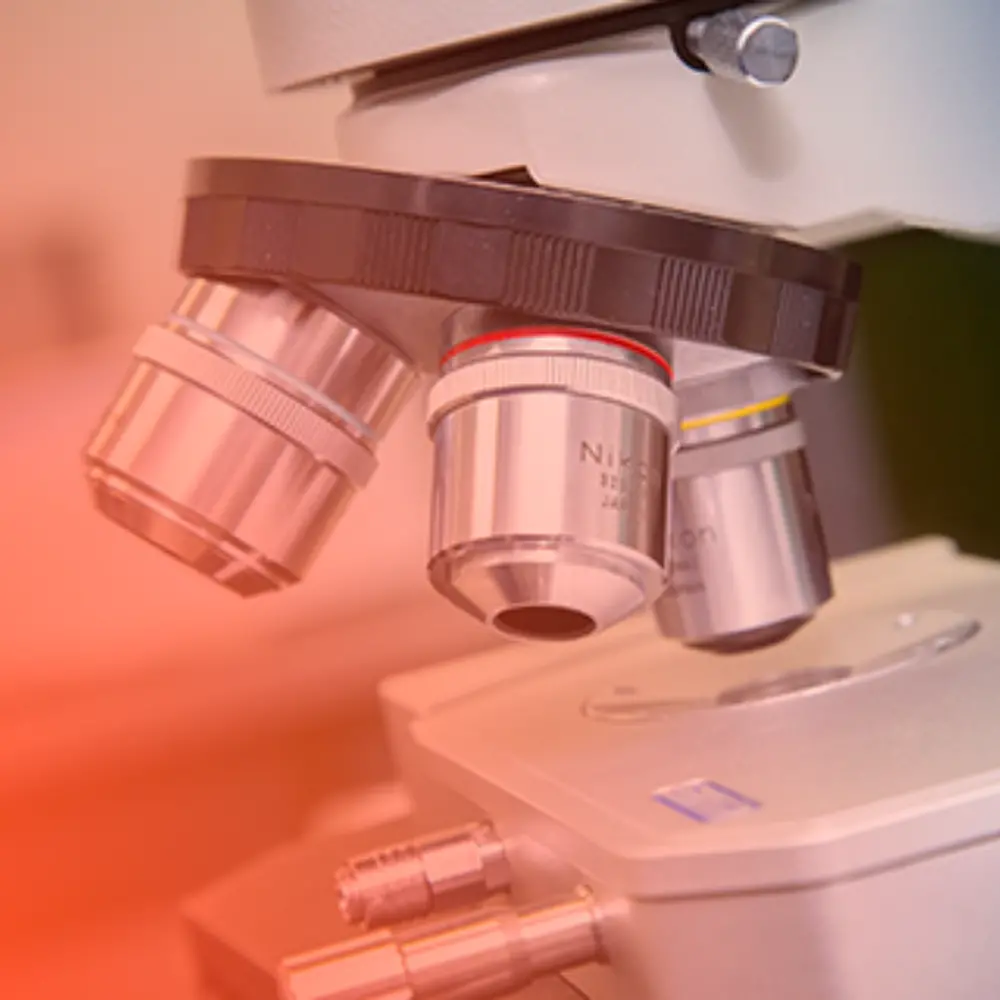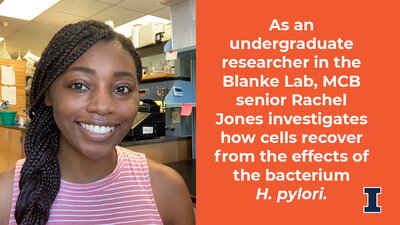
For years, the School of Molecular and Cellular Biology has offered undergraduates the opportunity to pursue hands-on research under the guidance of our accomplished faculty. But when the COVID-19 pandemic effectively shut down campus in spring, it was unclear how or even if undergraduate research could continue — particularly for the Summer Undergraduate Research Fellowships (SURF) program.
The SURF program, which typically runs from late-May through August, provides financial stipends to students conducting research in campus labs. Approximately 35-40 awards are offered each year thanks to gifts from generous alumni. Although some of those awards have been deferred this year because not all laboratories can accommodate students due to social distancing requirements and space limitations, about ten undergraduate researchers were able to participate this summer. A virtual research symposium is being planned for Nov. 6.
“With the laboratories shut down late in the spring semester and into the summer, research has been challenging for everyone. At the same time, I have been extremely impressed by the professionalism and drive to get back into lab by the undergraduate students in my research group,” said Thomas Kehl-Fie, associate professor in the Department of Microbiology. Kehl-Fie has had a dozen undergraduates participate in research in his lab since he joined the university in 2013.
“The experience has been challenging, though rewarding,” said Rachel Jones, an MCB senior from Oswego, Ill. “I’ve developed many skills that I would not have previously associated with conducting research, such as time management, public speaking, and making information more accessible to a given audience,” she said.

Jones is a member of microbiology professor Steven Blanke’s lab, which studies the bacterium helicobacter pylori, or Hp. Hp infects about 50 percent of the world’s population and is the only known bacteria that can lead to cancer. This summer, she investigated how cells can recover from the effects of Hp.
Working as a student researcher in a faculty member’s lab in the summer can be quite different from the regular academic year, Kehl-Fie said. From September through May, students have a hundred different activities calling out for their attention. Over the summer, those demands are fewer and students have a unique opportunity to experience what working in a research laboratory full time is like, he said.
“This gives students an invaluable opportunity to take ownership of their research project, drive it forward, and produce a body of work that clearly comes across as their own,” he said.
Jones said she has found that much of the content she has learned in her MCB classes has transferred well to her experiments in the lab.
“It’s always enjoyable when you can apply a topic you learn in class to things you see or do every day,” she said.
In addition to applying the knowledge and analytical skills they learned in their classes to real life problems, Kehl-Fie hopes undergraduate researchers also gain an appreciation for the process of conducting research – how investigations like theirs will contribute to producing information that is ultimately used and shared in classes and with the general public.